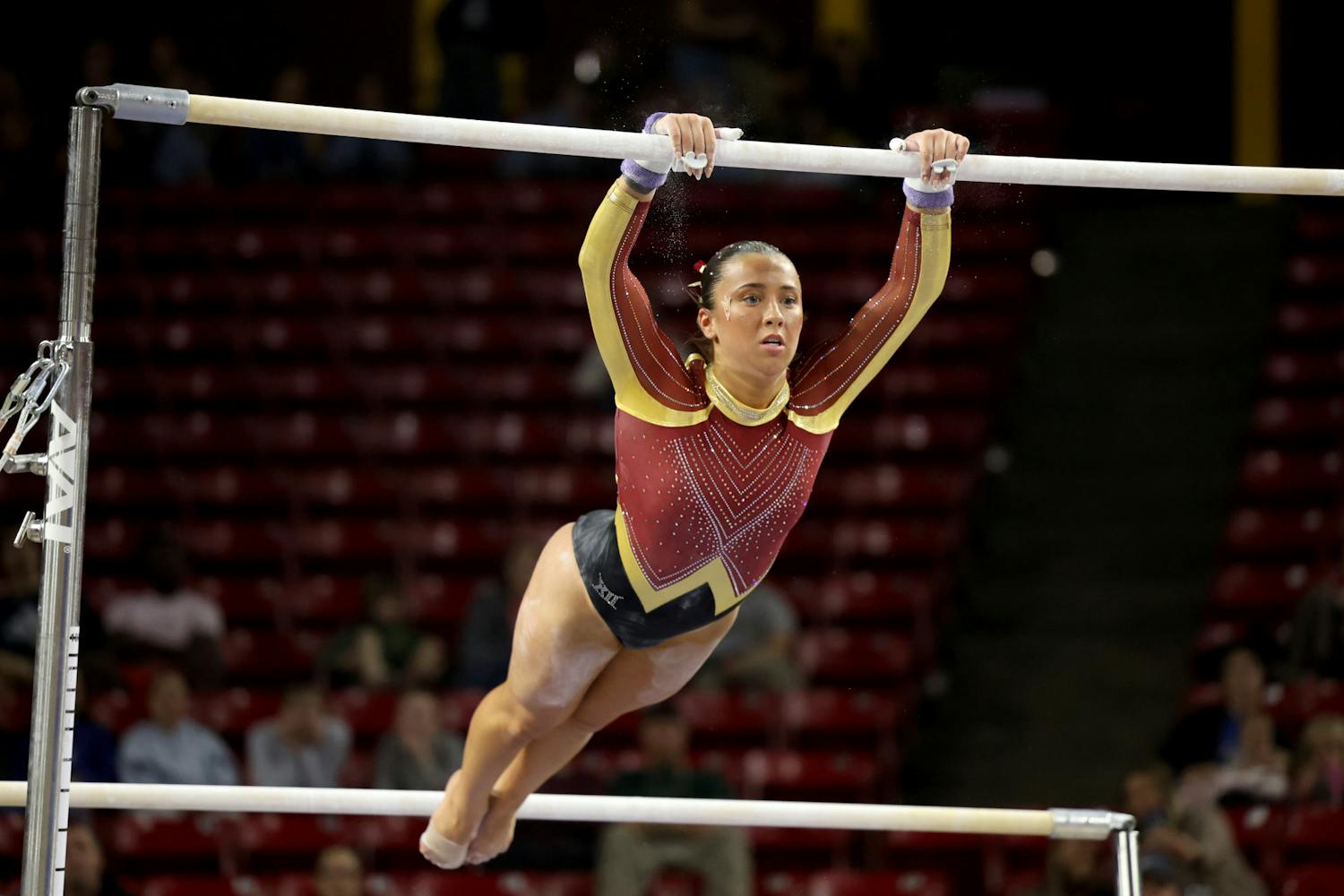Digital humanities researchers from The Lincoln Center for Applied Ethics are teaming up with TikTok creators to research the application's algorithm and its impact on creator communities, specifically those from historically marginalized groups.
The collaborative goal of the LCAE and The Online Creator's Association is to create a toolkit that will help creators conduct experiments to better understand how the platform operates. It allows any person to come together with other creators to design an experiment and garner insight into how the algorithm works, said TikTok creator and TOCA administrator T.X. Watson.
The LCAE empowers communities to examine the impact of technologies on peoples' lives and the ethical management of technology. The Online Creator's Association, a creator-led advocacy group that performs research on the behavior of online platforms and is focused on improving labor conditions for online content creators primarily on TikTok, joined the LCAE for the study.
"It's almost just like packaging the scientific method for social media users or for social media professionals," Watson said.
The typical pace of conducting an "academically rigorous" experiment and publishing the results can be time-consuming, Watson said. This could mean that by the time the results are made public, they are no longer useful for creators as the platform will have mechanically changed already.
Associate professor of film and media studies Sarah Florini and Director of Digital Humanities and Research Elizabeth Grumbach submitted the grant proposal for the research project and hope to hear back about the proposal this summer.
If the proposal is approved, Watson said they will begin recruiting Tiktok creators from TOCA's discord to be participants in the study, many of whom are from historically marginalized communities. Funding for the grant will go toward paying TikTok creators and TOCA administrators.
The team plans to conduct two iterations of the toolkit, which is described as a scaled-back scientific method, Watson said. The first iteration will consist of an experimental cohort of six to 10 TikTok creators using the toolkit to test a common hypothesis they have about the algorithm.
Once the first iteration is finished, each of those creators will lead their own group of creators to help refine the toolkit. This would create six to 10 separate studies on different hypotheses while they work on how to organize the toolkit so it's easier to use.
"I think we as people who are deeply embedded in TikTok, people who use TikTok every day, some of us, myself included, whose careers are our TikTok accounts, we have a better idea as to what questions we should be asking," Watson said.
By using the toolkit and conducting experiments, Watson said creators can get first-hand information that will help them adapt their content in a way to avoid "pitfalls they may have accidentally walked into."
Working with marginalized creators in participatory action research methodologies is critical because "you have to bring in the people who are in fact impacted and knowledgeable about these things," said Director of the Lincoln Center for Applied Ethics Elizabeth Langland.
With the research study, they hope to get a much more detailed picture of the way TikTok amplifies and perpetuates systemic prejudice.
"We do know that TikTok treats creators differently depending on their demographics," Watson said. "One of the things we would like to be able to try and tease out in a more rigorous way is to what extent TikTok, if any, is actively making decisions that promote that kind of bigotry and to what extent is TikTok failing to do anything about the way their algorithm picks up and amplifies the implicit biases of TikTok users."
The toolkit will be accessible for free on TOCA's website, with the specific intention of helping Tiktok creators who don't have prior experience in research.
Grumbach said she hopes the toolkit can eventually expand beyond TikTok so more people can understand what kind of algorithmic injustice is happening across social media in general.
Reach the reporter at mindy.lok1@gmail.com and @minn_lk on Twitter.
Like The State Press on Facebook and follow @statepress on Twitter.

Mindy Lok is a reporter for the business and tech desk. She also works as a digital content producer for the College of Health Solutions.




